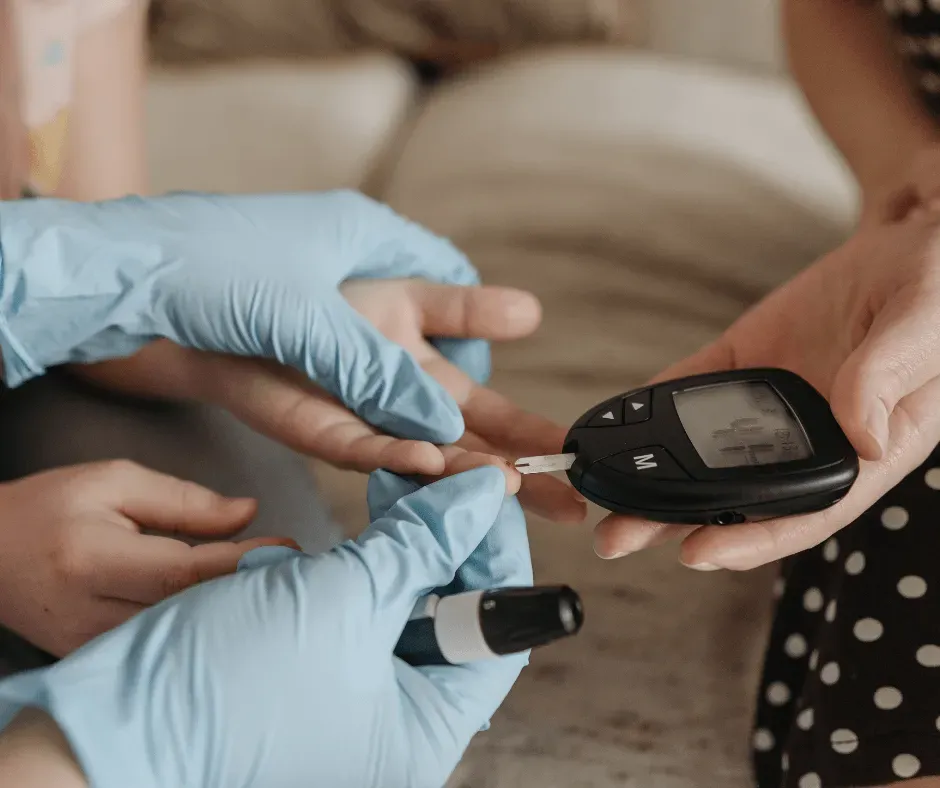Many Resources All Under One Roof
Rheumatology
The practice of medicine specializing in the diagnosis and treatment of rheumatic diseases, which are musculoskeletal and systemic autoimmune diseases that typically cause pain, swelling and disfigurement in joints. Specific diseases treated include lupus, osteoarthritis, tendinitis and gout.
Infusion Therapy
Infusion therapy involves the administration of medication through a needle or catheter. It is prescribed when a patient’s condition is so severe that it cannot be treated effectively by oral medications. Infusion therapy at Greensboro Medical includes therapy for gastrointestinal system disorders, Crohn’s disease, immune deficiencies, rheumatoid arthritis and more.
Bone Care
Our practice provides you with fully accredited X-ray service which allows you the convenience of the one stop for your clinic visit needs, without having to go elsewhere for this testing. Other diagnostic testing includes Bone Densitometry and Ultrasound. We are able to perform DEXA scanning and/or result interpretation. We have trained clinical extenders who will provide patient education on bone health and help to select and initiate pharmaceutical management if needed. Ultrasound studies are provided through trained Ultrasound technicians who work in cooperation with our providers.
Diabetes Management
A multi-discipline team of health care practitioners work collaboratively to provide a broad spectrum of diabetes care services. Care plans, while developed collaboratively with the health care team and patient, will be specific in order to assure that the goals of therapy are met. Components of the comprehensive diabetes care plan not only include medication management, but also target interventions to enhance monitoring and patient self-management skills such as blood glucose monitoring, disease education, continuous glucose monitoring, foot care, medical nutrition therapy and exercise.
Individualized goals will be set with the patient in order to prevent the complications related to diabetes. Our providers are also certified in insulin pump management and are qualified to assess the appropriateness of an insulin pump for a patient, initiate the pump, titrate doses, and educate the patient on proper management.
Gout Inflammatory Arthritis
A form of inflammatory arthritis that is sometimes called gouty arthritis. The most common site for a first gout attack is the large joint of the big toe, although it may appear in another low-body joint such as the ankle or knee. There are two aspects of treating gout. The first – treating the acute attack- is accomplished with anti-inflammatory medication. Once the attack has subsided, your physician will work with you to develop a treatment plan.
Clinical Pharmacy, Comprehensive Medication & Coagulation Management
Our Clinical Pharmacist Practitioners ensures each patient’s medications are individually assessed to determine that each medication is appropriate for the patient, effective for the medical condition, safe given other disease states and other medications being taken, and able to be taken by the patient as intended. It includes an individualized care plan that will be developed in conjunction with the health care team to ensure that the patient achieves the intended goals of therapy. The services are longitudinal in nature as the patient transitions the health care system.
The discovery of new medications is paramount to the advancement of medical care. At Greensboro Medical Associates, we are dedicated to conducting clinical research trials on medications to evaluate the safety and effectiveness in patient volunteers. Whether you are an interested patient volunteer or an interested sponsor, we would be delighted to guide you through the process of collaborating with us in this important endeavor in advancing medical care. www.medicationmanagementgroup.com.









